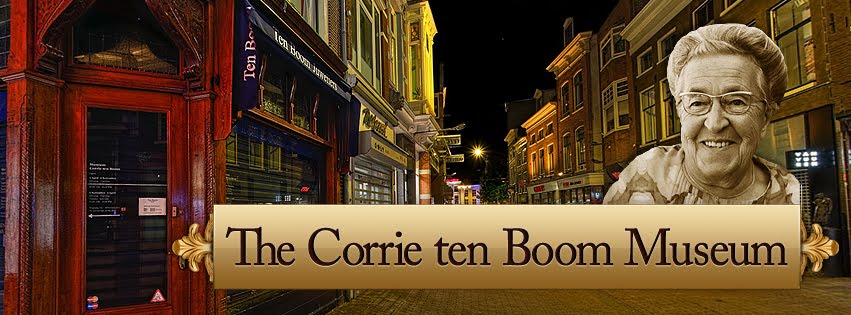Lal Shahbaz Qalandar was a holy man and scholar born in the
1100s whose ancient travels sound as contemporary as today’s news feeds.
He was born in what is now Afghanistan; he was the descendant of
immigrating Iraqis; he lived and died in Pakistan; and his shrine was
constructed by donations from the Iranian royalty.
Maybe the only thing more extraordinary than Lal Shahbaz’s
wide-reaching travels and popularity are the many mythological stories
that have been attached to him over the centuries. In one story,
recorded by William Dalrymple, Lal Shabaz was wandering
through the desert with a friend as evening began to fall. The desert
was terribly cold, so the two pilgrims began to gather wood for a fire.
With their pyre neatly constructed, they realized they had no
way of igniting it. Lal Shahbaz’s friend suggested that he transform
himself into a great bird (the meaning of “Shahbaz”) and fly down into
hell to collect coals for a fire. Lal Shahbaz considered this a wise
suggestion and flew away.
After many cold hours Lal Shahbaz returned to his friend
empty-handed. Puzzled, he asked why he had not returned with fire to
keep them warm. Lal Shahbaz replied, “There is no fire in hell. Everyone
who goes there brings their own fire, their own pain, from this world.”
There is a great deal of truth in this story. If we think of
hell as a self-imposed prison or a self-ignited blaze, then Lal Shahbaz
is correct: Anyone suffering from the results of their own hard-hearted
decisions or their own hand is truly suffering hell. They have not been
cast away by God; they have kindled their own fire. They have hurt
themselves, and nothing hurts worse than a self-inflicted wound.
By Jesus’ definition, the most “burning torture to bear” is the
scorching heat of resentment and unforgiveness. When we refuse to
forgive others, we sentence ourselves and our world to hellish
suffering. Our future — and today’s well-being — depends upon our
willingness to extinguish the burning inferno in our souls by forgiving
those who have harmed us.
Granted, we don’t naturally respond to injustice with this kind
of Christ-infused grace. If you hit me, I will hit you harder. Maim my
brother, and I will kill your father. Set off a bomb in my marketplace,
and I will wipe out your entire village. Firebomb my hospital, and I
will bomb your capital.
It’s human nature to retaliate, not with equity, but with
greater force than what was first inflicted. It is a hellacious, vicious
cycle; and the only thing that can shut down the scorching cycles of
suffering is forgiveness.
Dr. Fred Luskin offers this hopeful counsel: “To forgive is to
give up all hope for a better past … Forgiveness allows you a fresh
start … It's like a rain coming to a polluted environment. It clears
things. At some point, you can say that this awful thing happened to me.
It hurt like hell, yet I'm not going to allow it to take over my life.”
Forgiveness forges a firebreak and says, “It ends here!”
So when we hear the names of Auschwitz and Ravensbruck, we
answer with the names of Maximilian Kolbe, Corrie Ten Boom, and Bernard
Lichtenberg — people who were not overcome by evil, but overcame evil
with good.
When someone speaks of the past or current hatefulness in South
Africa, Darfur, Armenia, Sand Creek, Selma, or Croatia we speak the
names of Desmond Tutu, Martin Luther King, Jr., Mother Teresa, Miroslav
Volf, Dirk Willems, and the Amish of Nickel Mines – those who lived (and
some died) for the sake of grace.
The only way to stop the continual and rampant hate in this
world is to make peace. The only way to make peace is to forgive. The
only way to forgive is through the unrelenting love and forgiveness of
God. We can become the instruments of that peace, tools of God’s
forgiveness, and the images of God’s love. That love will extinguish the
fires of hell. That love will indeed change the world.
Source: Waltonsun

No comments:
Post a Comment